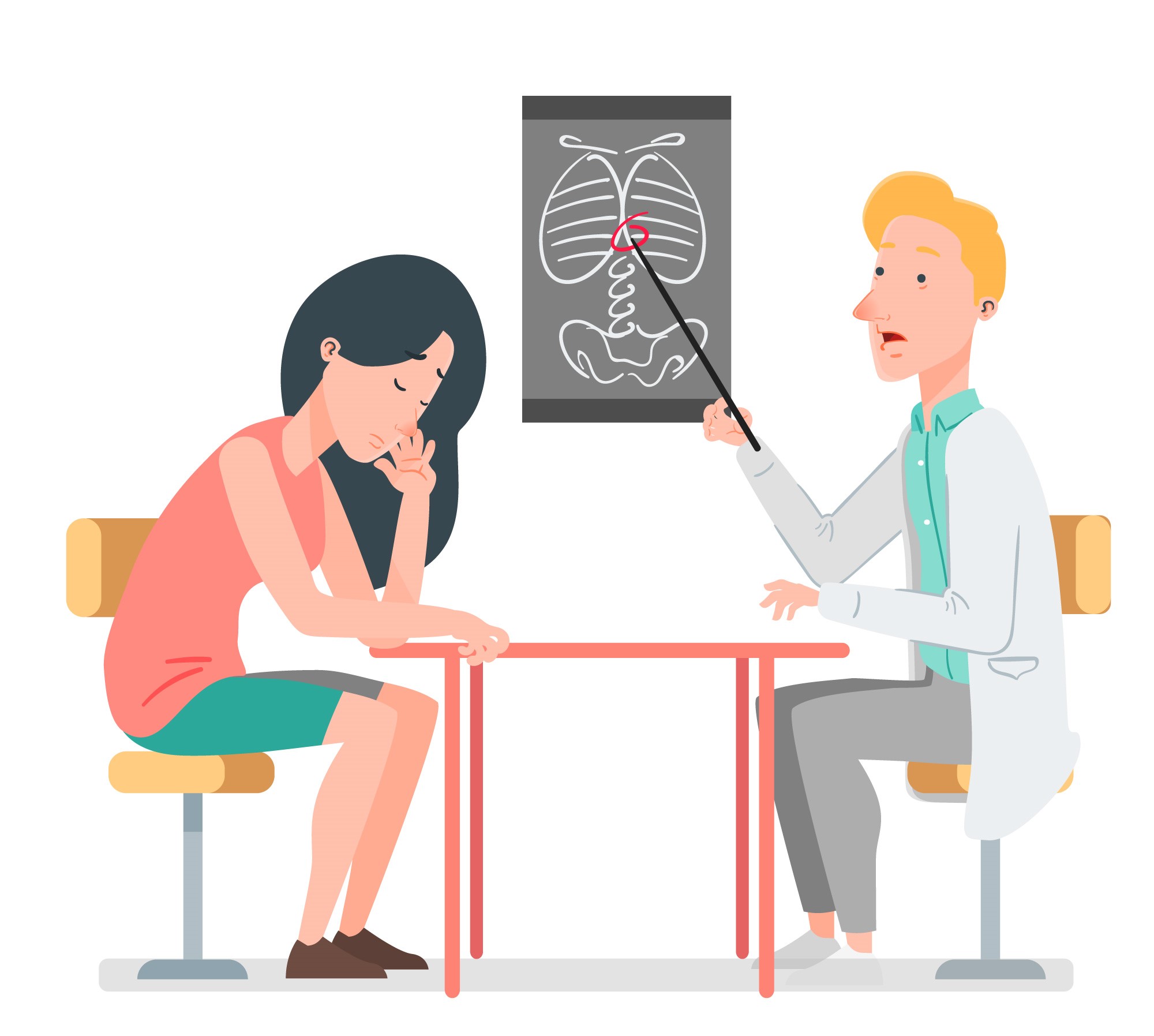
Treatment Options for Spinal Cord Injury-Related Paralysis
Introduction: A spinal cord injury can lead to paralysis, affecting mobility and quality of life. While there’s no cure for paralysis, various treatment options can help manage symptoms and improve function. In this blog, we’ll explore treatment options for paralysis caused by spinal cord injuries and understand how hormonal imbalances can impact recovery.
Understanding Treatment Options: Treatment for paralysis aims to maximize independence, improve quality of life, and prevent complications. These options may include medical interventions, therapies, and lifestyle modifications.
Treatment Options:
- Medications:
- Medications can help manage symptoms such as muscle spasms, pain, and bladder dysfunction commonly associated with spinal cord injury-related paralysis.
- Physical Therapy:
- Physical therapy focuses on strengthening muscles, improving flexibility, and enhancing mobility through targeted exercises and rehabilitation techniques.
- Assistive Devices:
- Mobility aids such as wheelchairs, walkers, and braces can help individuals with paralysis navigate their environment and perform daily activities more independently.
- Surgical Interventions:
- Surgery may be recommended to stabilize the spine, repair damaged nerves, or alleviate pressure on the spinal cord, depending on the severity and location of the injury.
- Hormonal Therapy:
- Hormonal therapy aims to address hormonal imbalances that may affect recovery and overall well-being after a spinal cord injury, potentially enhancing treatment outcomes.
Understanding Imbalances: Hormonal imbalances can occur following a spinal cord injury and may affect various bodily functions, including metabolism, immune function, and mood regulation. Addressing these imbalances through hormonal therapy and lifestyle modifications can support recovery and improve overall health.
Conclusion: While spinal cord injury-related paralysis presents significant challenges, there are treatment options available to help individuals manage symptoms and regain independence. By understanding the role of hormonal imbalances and incorporating appropriate interventions into their treatment plan, individuals can optimize their recovery and quality of life.
To seek medical advice, always consult a Doctor. Here are our recommended experts. Click Here
To read more on Paralysis. Click Here


